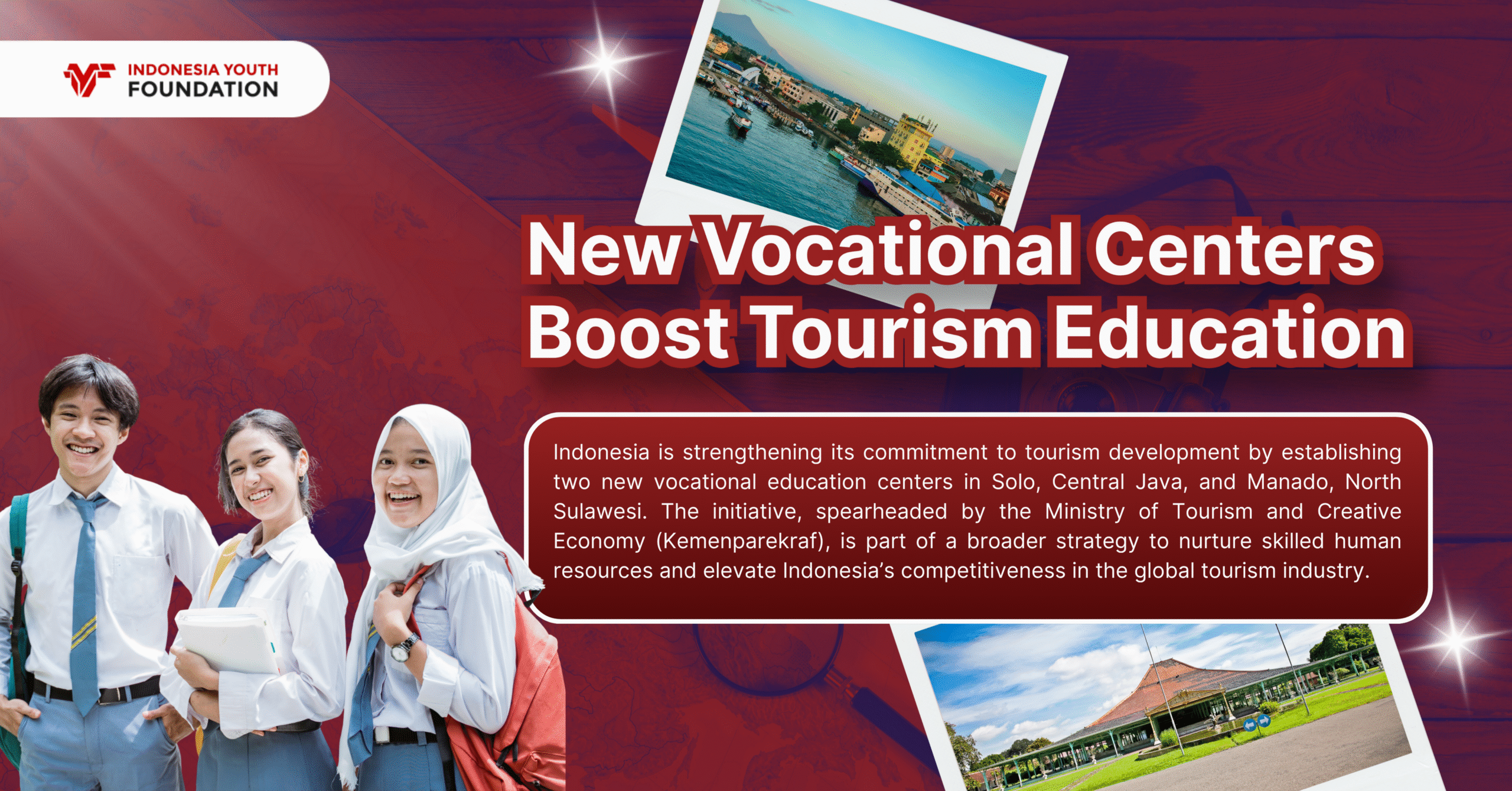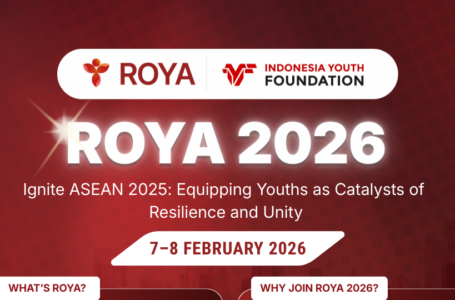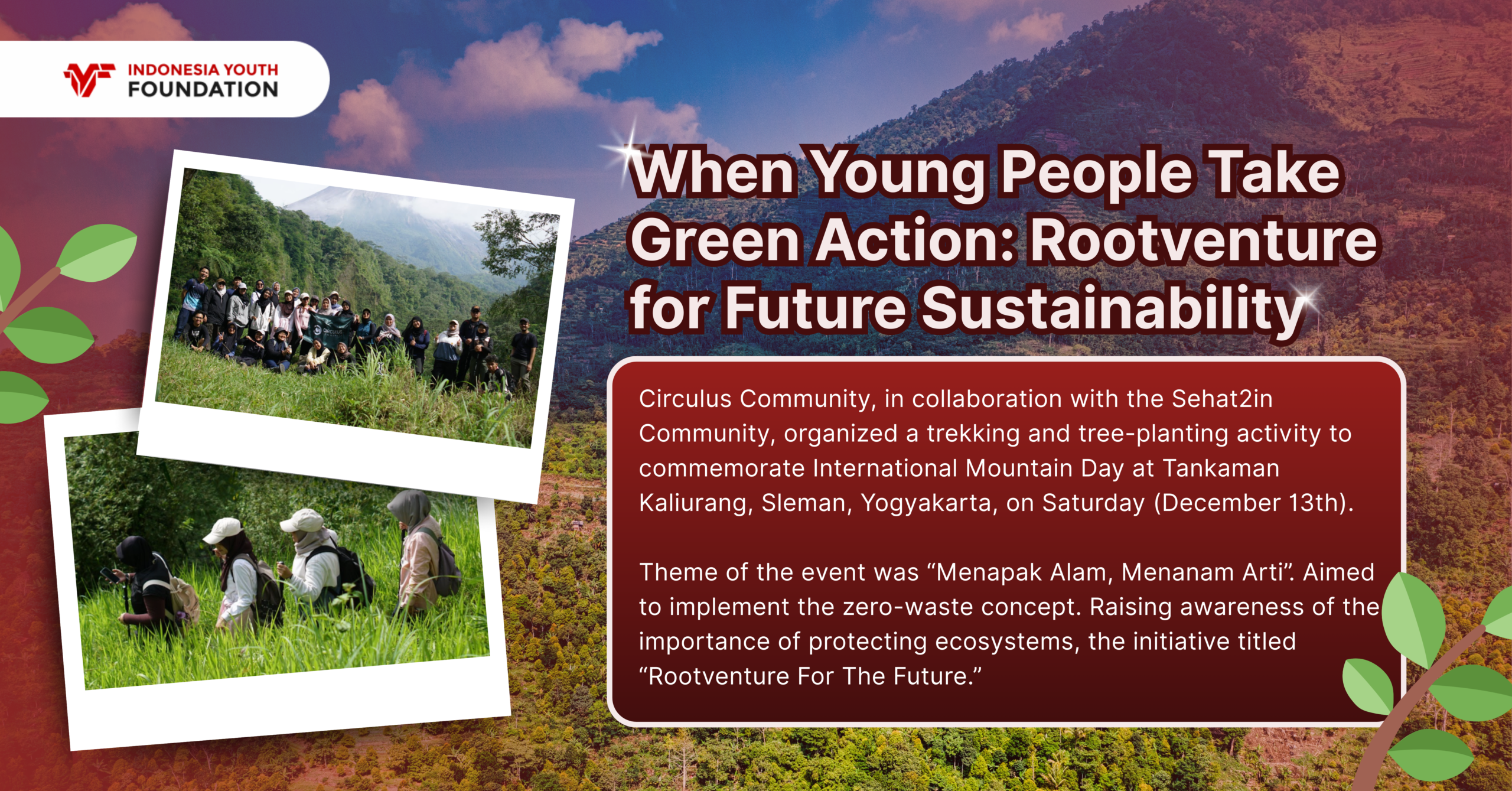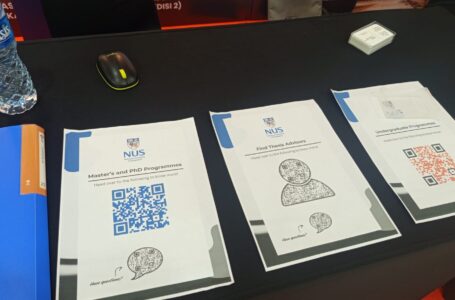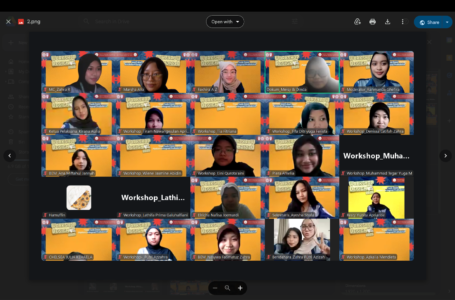Indonesia is strengthening its commitment to tourism development by establishing two new vocational education centers in Solo, Central Java, and Manado, North Sulawesi. The initiative, spearheaded by the Ministry of Tourism and Creative Economy (Kemenparekraf), is part of a broader strategy to nurture skilled human resources and elevate Indonesia’s competitiveness in the global tourism industry.
This educational expansion comes at a crucial time when tourism continues to play a vital role in Indonesia’s economic recovery and long-term growth. According to the World Travel and Tourism Council (WTTC), the travel and tourism sector contributed 4.8% of Indonesia’s total economy in 2023, with steady growth projected as global travel rebounds. To sustain this momentum, investment in education and vocational training is considered essential.
By launching vocational centers in Solo and Manado, the government aims to decentralize tourism education. They ensuring access to high-quality training beyond well-established hubs like Bali. The centers will focus on hands-on learning through internships, industry partnerships, and cross-disciplinary programs. Fields of study will include hospitality management, culinary arts, tour guiding, and digital tourism, with curricula aligned to international standards.
Regional Impact and Local Opportunities
The expansion of vocational centers in Solo and Manado reflects the government’s vision of inclusive regional development. Solo, a city with strong cultural traditions, is expected to benefit from a new pool of professionals who can manage heritage tourism more effectively. Manado, known as the gateway to the world-renowned Bunaken Marine Park, will gain a workforce trained in marine tourism, diving safety, and sustainable hospitality.

Source: antaranews.com
Governor representatives from Central Java and North Sulawesi have expressed optimism about the initiative. They noted that it could attract new investment, strengthen local economies, and open up employment opportunities for young people.
Moreover, tourism development is a national priority under Indonesia’s medium-term development plan. The Ministry of Tourism and Creative Economy has emphasized that the new vocational centers will not only serve as educational institutions but also as hubs for collaboration with private stakeholders and international partners. This model aligns with UNESCO’s recommendations on vocational education and training (VET), which highlight the importance of linking skills development with labor market demands.
Sustainability and Cultural Preservation Through Tourism Education
A key feature of the new centers will be their focus on sustainability. Students will receive training in eco-tourism practices, environmental conservation, and community-based tourism. Modules will also emphasize cultural preservation, ensuring that future tourism professionals respect and promote local heritage while pursuing economic growth.
This is especially relevant as Indonesia has committed to meeting the United Nations Sustainable Development Goals (SDGs). Indonesia highlights Goal 8 (Decent Work and Economic Growth) and Goal 12 (Responsible Consumption and Production).
With global competition in tourism intensifying, Indonesia’s move to expand vocational education demonstrates foresight. By equipping young talents with internationally competitive skills, the country positions itself to strengthen its tourism identity while adapting to shifting global market trends.
As these new centers in Solo and Manado open their doors, they represent more than just educational facilities. They are catalysts for regional growth, youth empowerment, and the sustainable future of Indonesia’s tourism industry.
Writer: Angeli Ramadhani
Editor: Secia Lie
